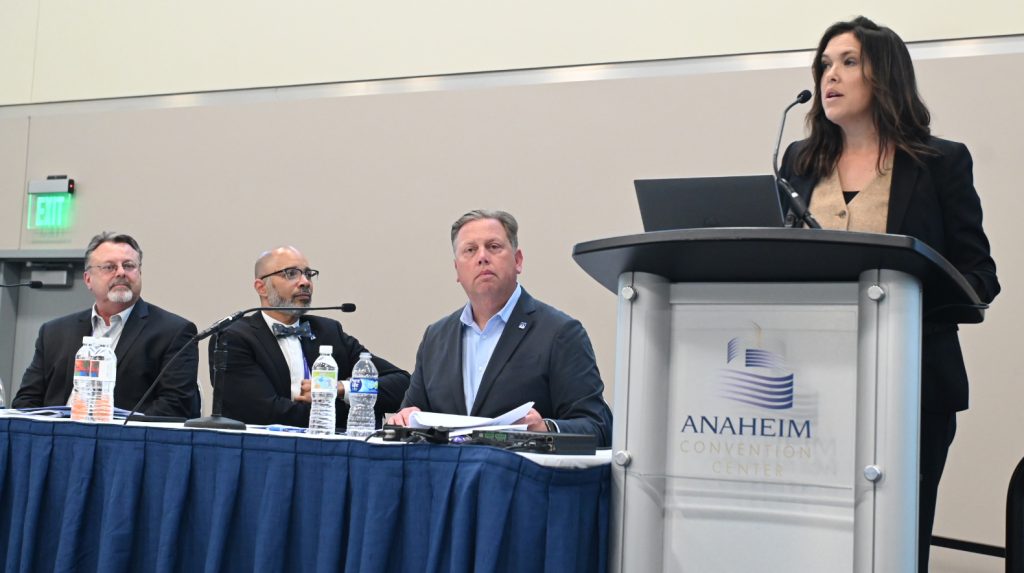OCTA: Thinking Toward the Future
10/3/2024

With an astounding 34 cities plus Orange and LA counties, TRANSform host agency Orange County Transportation Authority (OCTA) has huge responsibility. CEO Darrell Johnson oversees rail, light rail, streets, traffic signal sequencing, bus, paratransit, and street cars, plus the first all-electronic tolling system in the U.S. He shared the agency’s mission and vision during the Transforming Mobility: Strategic Transportation Initiatives Shaping Southern California’s Future session at TRANSform.
“We have air quality initiatives. We have an innovative wildlife and habitat mitigation preservation,” said Johnson. Plus, the agency manages the half-cent transportation sales tax Orange County voters passed to help mass transit. “We’ve saved tens of millions of dollars in terms of administrative overhead and duplication of services, and we are very focused on the sufficiency of saving taxpayer dollars.”
At the heart of OCTA’s mission is the provision of varied transit options and servicing a diverse population. When bus ridership fell for 10 straight years ahead of the pandemic, Chief Operating Officer Johnny Dunning, Jr., says the agency turned to college kids. “All they have to do is just show, or validate their college ID, and they’re able to ride an OC bus anytime, anywhere.” Now, children aged 6-18 can ride for free, as well, and ridership has increased 40 percent.
At the same time, the agency is opening a four-mile streetcar line, the OC Streetcar, connecting Garden Grove to Santa Ana, a line that Kelly Hart, OCTA department manager, regional rail, calls “essential in connecting new commercial and historic developments in one of the densest parts of the country.” New development and, even more importantly, redevelopment is popping up along the line as well.
OCTA is keeping at the forefront the need to reduce pollution in such a densely populated area. Cliff Thorne, director of maintenance and motorist services, says the goal is zero-emissions by 2040, and electric buses are starting to carry more of the load.
“Fast chargers allow us to charge buses within four hours, or with slow charging we can charge overnight and help reduce electricity costs,” says Thorne. OCTA has a multi-pronged approach, incorporating CNG and hydrogen fuel buses to help reach emissions goals.